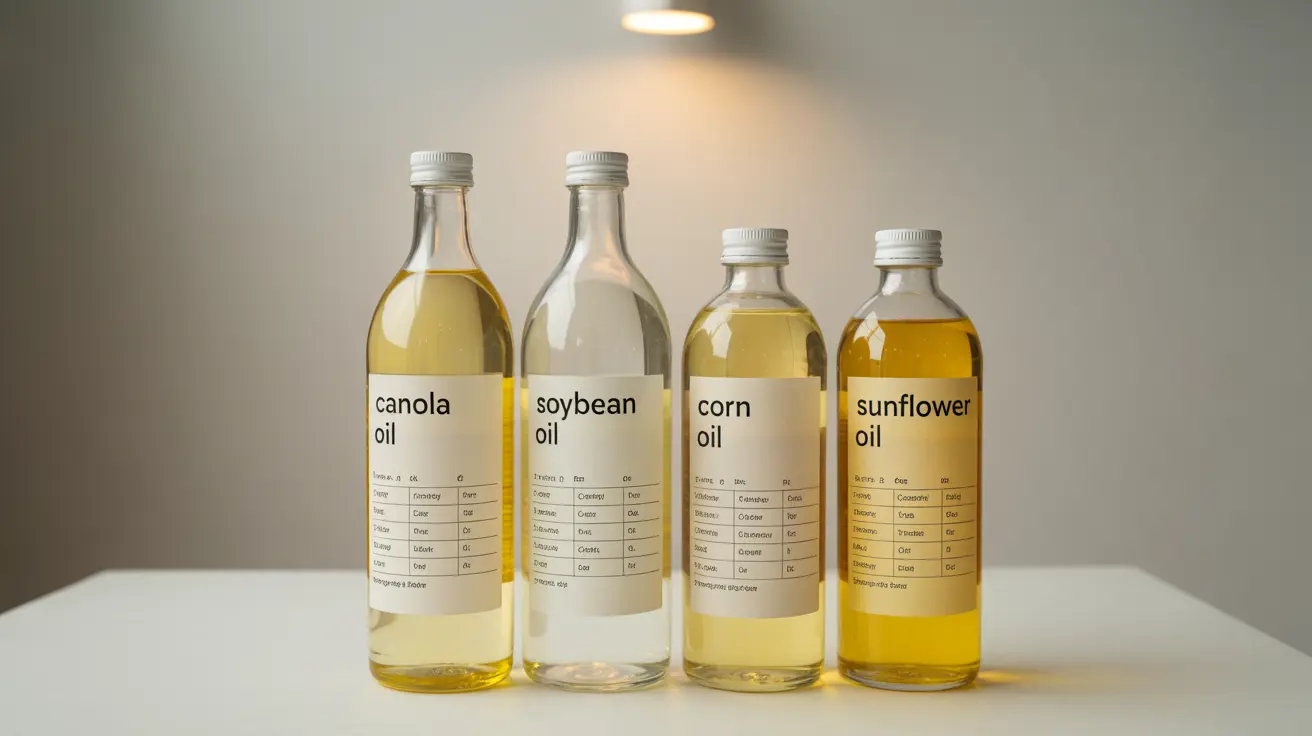With the growing focus on healthy eating, many people are questioning the safety and nutritional value of common cooking oils. Vegetable oils, which include soybean, corn, canola, and sunflower oils, have become a staple in modern kitchens, but their impact on health has sparked considerable debate among nutrition experts and health researchers.
Understanding the benefits and potential risks of vegetable oils is crucial for making informed dietary choices. This comprehensive guide examines the scientific evidence behind vegetable oil consumption and its effects on various aspects of health.
The Composition of Vegetable Oils
Vegetable oils are primarily composed of different types of fatty acids, including polyunsaturated, monounsaturated, and saturated fats. Most vegetable oils are rich in polyunsaturated fatty acids (PUFAs), particularly omega-6 fatty acids, with varying amounts of omega-3 fatty acids.
Understanding Fatty Acid Profiles
Different vegetable oils have distinct fatty acid compositions:
- Canola oil: High in monounsaturated fats
- Soybean oil: Rich in polyunsaturated fats
- Corn oil: Predominantly omega-6 fatty acids
- Sunflower oil: High in linoleic acid (omega-6)
Impact on Heart Health and Cholesterol
Research suggests that replacing saturated fats with vegetable oils can help reduce LDL (bad) cholesterol levels. However, the type of vegetable oil and how it's processed can significantly influence its heart health effects. Some studies indicate that heavily processed oils may contribute to inflammation and oxidative stress.
Processing Methods and Chemical Formation
The way vegetable oils are processed and used for cooking can affect their safety and nutritional value. High-heat cooking methods may lead to the formation of potentially harmful compounds:
- Advanced glycation end products (AGEs)
- Trans fats (when partially hydrogenated)
- Oxidized compounds
- Aldehydes
Choosing and Using Vegetable Oils Wisely
To maximize benefits and minimize risks when using vegetable oils:
- Select cold-pressed or unrefined oils when possible
- Store oils properly in dark, cool places
- Avoid heating oils beyond their smoke point
- Use different oils for different cooking methods
The Omega-6 to Omega-3 Balance
Modern diets often contain an imbalanced ratio of omega-6 to omega-3 fatty acids, largely due to high consumption of vegetable oils. While both are essential fatty acids, maintaining a proper balance is crucial for optimal health and reducing inflammation.
Frequently Asked Questions
Is vegetable oil bad for heart health or does it help lower cholesterol?
When used as a replacement for saturated fats, vegetable oils can help lower LDL cholesterol levels. However, the quality and processing of the oil matter significantly. Cold-pressed, unrefined oils generally offer better heart health benefits than heavily processed alternatives.
How do omega-6 fatty acids in vegetable oils affect inflammation in the body?
While omega-6 fatty acids are essential for health, excessive consumption without balanced omega-3 intake may promote inflammation. The key is maintaining an appropriate omega-6 to omega-3 ratio through a varied diet that includes different healthy fat sources.
Can using vegetable oils for cooking increase the risk of harmful chemical formation?
Yes, cooking oils at high temperatures can lead to the formation of harmful compounds. To minimize this risk, choose oils appropriate for your cooking method and avoid exceeding their smoke points. Some oils are better suited for high-heat cooking than others.
What are the best types of vegetable oils to use for a balanced and healthy diet?
The best oils depend on your cooking needs and health goals. Extra virgin olive oil, avocado oil, and cold-pressed canola oil are generally considered healthy choices. For high-heat cooking, oils with higher smoke points like avocado or refined olive oil are recommended.
Should I be concerned about the omega-6 to omega-3 ratio when consuming vegetable oils?
Yes, maintaining a balanced omega-6 to omega-3 ratio is important for overall health. While vegetable oils can be part of a healthy diet, it's advisable to include other sources of healthy fats, particularly those rich in omega-3s, such as fatty fish, flaxseeds, and chia seeds.




